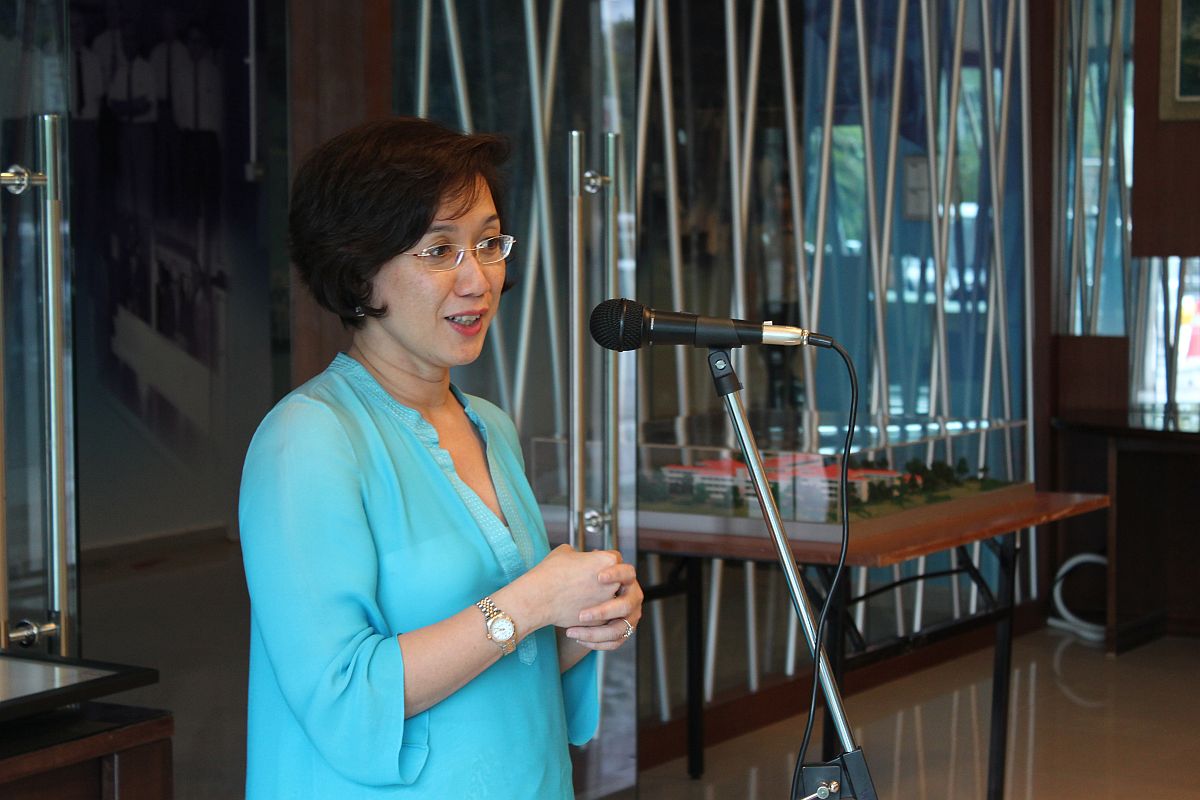There is a disjointed discourse when we talk about HIV and AIDS. There are many reasons for us to be optimistic about the state of the epidemic, and how far we have progressed with regard to HIV treatment and prevention science.
The epidemic has also sparked an unprecedented level of international collaboration and a new breed of social activism that the world has never seen before.
On the medical front, we have in our hands tools that can prevent the onward transmission of HIV by more than 97 per cent, and protect an unborn child from HIV during pregnancy. People Living with HIV (PLHIV) today can enjoy many healthy years ahead as a result of effective treatment options.
And yet, here we are trapped in a situation where our progress has faltered. The rate of new HIV infections has plateaued, where they should be declining. We still record sizeable AIDS-related deaths every year; a grim reminder that treatment did not reach soon enough to those who needed them the most. And not forgetting, AIDS progress was sidetracked in our fight against Covid-19.
Meanwhile, stigma and discrimination continue to impact the livelihood of PLHIV – creating unnecessary barrier to HIV treatment, prevention and care services and putting the community at a severely disadvantageous position.
In certain workplaces, AIDS-related discrimination is close to being institutionalised by outright rejection and unreasonable demands by employers for HIV status disclosures, even when the situation is unwarranted. We are also hitting the wall with regard to insurance protection for PLHIV.
It is regrettable that our setbacks in ending the AIDS progress were perpetuated by inequalities. We know exactly what needs to be done to end the AIDS epidemic, but we simply don’t have enough willpower to do it.
Most critically, we must be brazen enough to reform laws, policies and practices to tackle the stigma and exclusion faced by PLHIV and the marginalised segments of the population. so that everyone is shown respect and is welcomed without prejudice. This includes men who have sex with men (MSM), transgender people, people who use drugs, sex workers, and their partners.
Ten years ago, Malaysia created ripples when the government funded the controversial needle syringe exchange programme to stem the HIV epidemic among injecting drug users. Despite having a punitive drug law that ranks among the world’s toughest and society steeped in conservatism, we prevailed, to great success.
It is time for us to show a similar level of leadership and determination in addressing the rising tide of the sexual transmission of HIV, especially among the MSM community. In this time of crisis, we must remove all forms of intimidation and barriers that prevent access to critical HIV prevention services such as condoms and the pre-exposure prophylaxis (PrEP).
The call for economic equality also needs to be amplified. With PLHIV now having a lifespan and level of productivity equal to someone who’s not living with HIV, there is absolutely no reason for HIV status to become a stumbling block for access to employment.
These are the messages embedded in this year’s World AIDS Day theme, “Equalize”, which is a call for action to address the inequalities which are holding back progress in ending the AIDS epidemic.
Prof Dr Adeeba Kamarulzaman is the chairwoman of the Malaysian AIDS Foundation.
- This is the personal opinion of the writer or publication and does not necessarily represent the views of CodeBlue.




